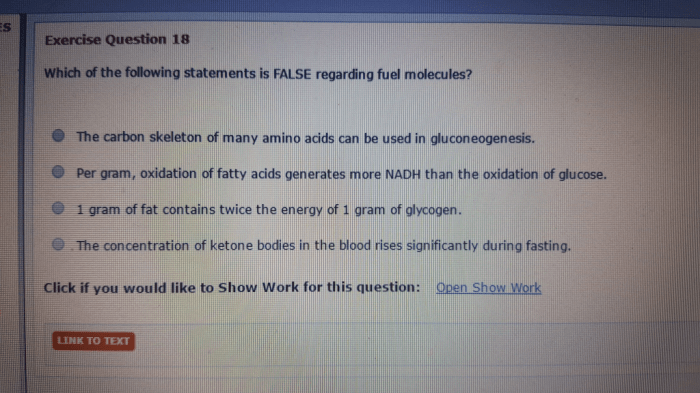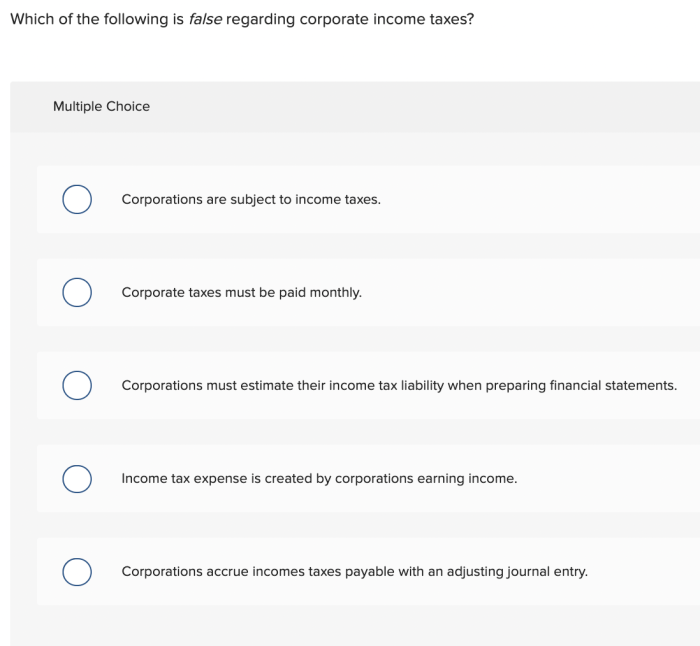Which of the following is false regarding professional oaths? This question delves into the realm of professional ethics, where oaths serve as guiding principles for individuals in various fields. Join us as we explore the significance, misconceptions, and enforcement mechanisms surrounding professional oaths, uncovering the truths and dispelling the falsehoods that often cloud this crucial aspect of professional conduct.
Professional oaths hold immense importance in shaping ethical decision-making and maintaining trust within professions. From the Hippocratic Oath in medicine to the Canons of Ethics in law, these oaths establish standards of conduct and provide a framework for ethical behavior.
However, misconceptions and false statements about professional oaths persist, potentially undermining their significance.
Professional Oaths and Ethical Codes

Professional oaths are solemn promises made by individuals entering various professions, committing them to uphold ethical standards and values. They play a pivotal role in fostering ethical conduct, maintaining professional integrity, and ensuring public trust.
Significance of Professional Oaths
Professional oaths serve several crucial purposes:
- Establish Ethical Guidelines:Oaths provide clear and concise ethical principles that guide professionals’ actions and decisions.
- Foster a Culture of Accountability:By taking an oath, individuals acknowledge their responsibility to adhere to ethical standards and accept accountability for their conduct.
- Build Public Trust:Oaths reassure the public that professionals are committed to acting ethically and in the best interests of society.
Well-Known Professional Oaths
Many professions have established well-known oaths, including:
- Hippocratic Oath (Medicine):Pledges to uphold the highest standards of medical practice, prioritize patient well-being, and respect patient autonomy.
- Oath of Admission (Law):Commits attorneys to uphold the law, serve clients with integrity, and maintain the honor of the legal profession.
- Engineer’s Creed (Engineering):Pledges to use engineering knowledge and skills responsibly, prioritize public safety, and strive for excellence.
Role in Ethical Decision-Making
Professional oaths provide a framework for ethical decision-making by:
- Clarifying Values:Oaths articulate the core values that should guide professionals’ actions, such as honesty, integrity, and respect.
- Identifying Conflicts:By outlining ethical principles, oaths help professionals identify potential conflicts between their personal values and professional obligations.
- Promoting Ethical Reflection:Oaths encourage professionals to regularly reflect on their ethical choices and consider the consequences of their actions.
Falsehoods Regarding Professional Oaths: Which Of The Following Is False Regarding Professional Oaths
Several common misconceptions and false statements exist about professional oaths.
Falsehood 1: Oaths Are Outdated and Irrelevant
Counterargument:Professional oaths remain highly relevant in modern society. They provide a timeless framework for ethical conduct and adapt to evolving societal norms and technological advancements.
Falsehood 2: Oaths Are Only for Specific Professions
Counterargument:Professional oaths are not limited to traditional professions like medicine and law. They can be adopted by any occupation or industry that values ethical conduct.
Falsehood 3: Oaths Guarantee Ethical Behavior
Counterargument:While oaths express a commitment to ethical behavior, they cannot guarantee that individuals will always act ethically. Enforcement mechanisms and ongoing ethical education are necessary to support adherence to oaths.
Professional Oaths in Different Contexts

Professional oaths vary across different industries and professions, reflecting their unique ethical challenges and responsibilities.
Medicine
Medical oaths prioritize patient well-being, confidentiality, and informed consent. They emphasize the importance of preserving human life and alleviating suffering.
Law
Legal oaths emphasize upholding justice, serving clients with integrity, and maintaining the honor of the profession. They prohibit conflicts of interest and require attorneys to act in the best interests of their clients.
Engineering
Engineering oaths focus on public safety, environmental protection, and responsible use of technology. They require engineers to consider the potential consequences of their designs and actions.
Similarities and Differences
Despite their differences, professional oaths share common principles, such as:
- Commitment to ethical conduct
- Prioritization of the public good
- Respect for others
Enforcing and Upholding Professional Oaths

Various mechanisms are in place to enforce professional oaths and hold individuals accountable.
Licensing and Certification, Which of the following is false regarding professional oaths
Many professions require individuals to obtain licenses or certifications that are contingent upon adherence to ethical standards.
Disciplinary Boards
Disciplinary boards investigate complaints of ethical misconduct and have the authority to impose sanctions, including suspension or revocation of licenses.
Peer Review
Professional organizations often establish peer review systems to monitor ethical conduct and provide guidance to members.
Consequences of Violations
Violations of professional oaths can have serious consequences, including:
- Loss of license or certification
- Reputational damage
- Legal liability
Ethical Dilemmas and Professional Oaths
Professionals may face ethical dilemmas that challenge the principles enshrined in their oaths.
Balancing Duties
Individuals may struggle to balance their obligations to clients, patients, or employers with their ethical principles.
Conflicting Values
Personal values may conflict with professional oaths, leading to difficult decisions.
Navigating Ethical Dilemmas
Professionals can navigate ethical dilemmas by:
- Seeking guidance from ethical codes and professional organizations
- Consulting with colleagues or mentors
- Reflecting on the potential consequences of their actions
Question Bank
Is it acceptable to violate a professional oath for personal gain?
No, violating a professional oath for personal gain is unethical and undermines the integrity of the profession.
Can professional oaths be enforced legally?
While professional oaths are not typically legally enforceable, professional organizations may have mechanisms to hold members accountable for violations.
Do professional oaths apply to all members of a profession?
Yes, professional oaths are generally binding on all members of a profession who have taken the oath.